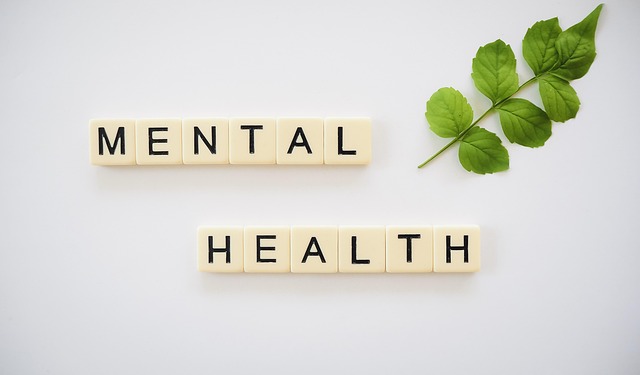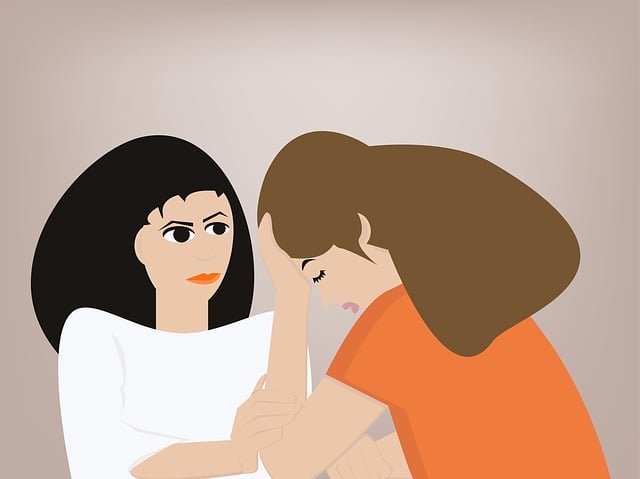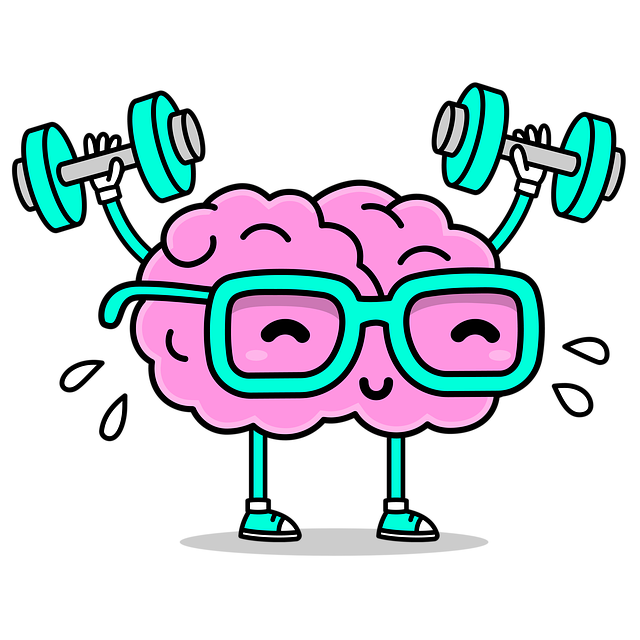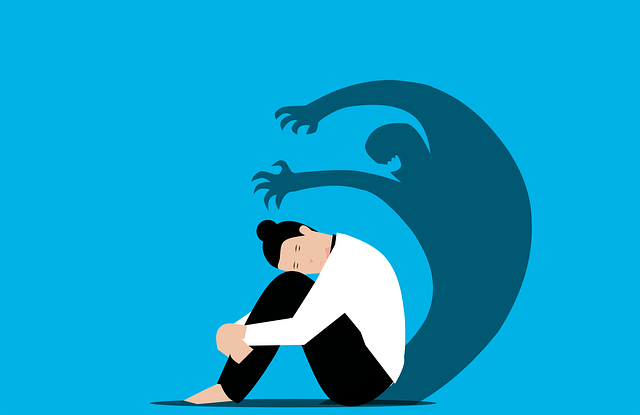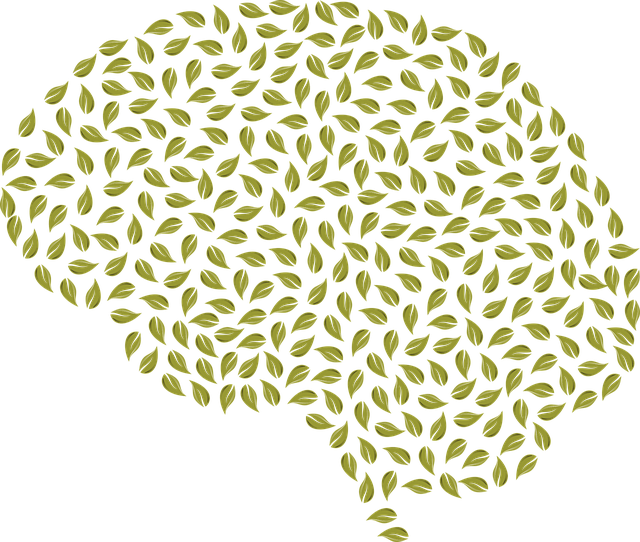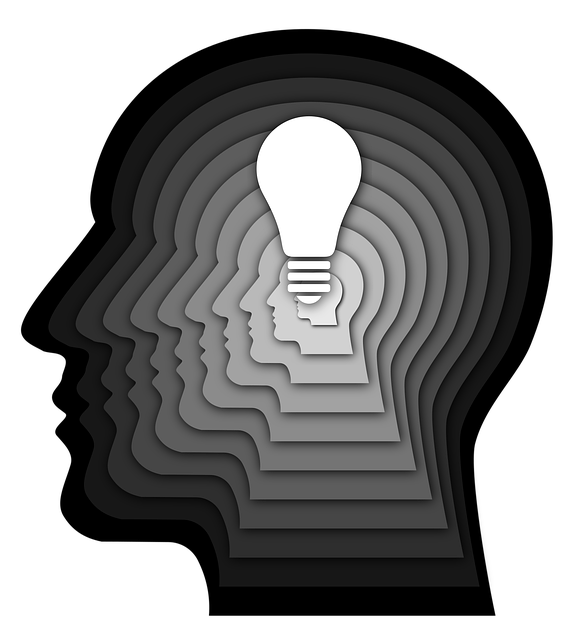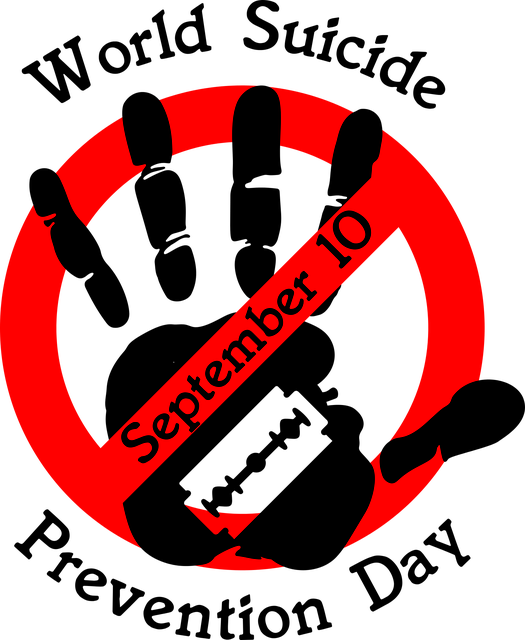Lone Tree German Speaking Therapy offers the Understanding Mental Wellness Self-Assessment, a tool for identifying psychological needs and personal growth areas. Through symptom analysis, trigger recognition, and strengths identification, individuals gain insights to manage their mental health effectively. The center combines traditional and digital assessment methods, emphasizing cultural sensitivity and tailored trauma support. Online tools enhance access to mental healthcare, while in-person sessions provide deeper exploration and personalized interventions for improved well-being.
Mental wellness self-assessment tools play a crucial role in promoting personal growth and understanding. This article explores the development of such tools, highlighting the significant contribution of Lone Tree German Speaking Therapy. We delve into key areas like symptoms, triggers, and strengths, while discussing effective assessment questions. Additionally, it compares digital solutions with traditional methods to determine the best approach for self-assessment, offering valuable insights for those seeking mental wellness improvement.
- Understanding Mental Wellness Self-Assessment: A Foundation for Personal Growth
- The Role of Lone Tree German Speaking Therapy in Developing Comprehensive Tools
- Identifying Key Areas: Symptoms, Triggers, and Strengths
- Crafting Effective Assessment Questions: Clarity and Sensitivity Matter
- Digital Solutions vs Traditional Methods: Which is Best for Self-Assessment?
Understanding Mental Wellness Self-Assessment: A Foundation for Personal Growth

Understanding Mental Wellness Self-Assessment serves as a powerful tool for personal growth and self-discovery, especially for those seeking support at Lone Tree German Speaking Therapy. By evaluating one’s mental health and well-being, individuals can gain profound insights into their thoughts, emotions, and behaviors. This foundation is crucial for identifying areas of improvement and taking proactive steps towards a healthier mindset.
Self-assessment encourages the development of a robust self-care routine, which is essential for maintaining better mental health. In light of this, healthcare providers play a pivotal role in promoting cultural competency training to offer tailored trauma support services. This holistic approach ensures that individuals have access to the necessary resources and guidance, fostering personal growth and overall well-being.
The Role of Lone Tree German Speaking Therapy in Developing Comprehensive Tools

Lone Tree German Speaking Therapy plays a pivotal role in the development of comprehensive mental wellness self-assessment tools. With its rich experience in offering therapeutic services, the therapy centre has gained deep insights into the diverse needs of individuals seeking support for their mental health. This knowledge is invaluable when creating assessment tools that accurately gauge various aspects of an individual’s psychological well-being. By integrating principles from both traditional therapy practices and modern self-assessment methodologies, Lone Tree German Speaking Therapy contributes to the creation of robust and effective resources.
The centre’s expertise in Conflict Resolution Techniques and Trauma Support Services further enhances its capability to design inclusive tools that cater to a wide range of mental health concerns. This holistic approach ensures that self-assessments are not only comprehensive but also sensitive to the unique experiences and challenges faced by those from diverse cultural backgrounds, including German-speaking individuals. Thus, Lone Tree German Speaking Therapy’s involvement is instrumental in elevating Mental Health Awareness through the development of cutting-edge self-assessment tools that truly make a difference.
Identifying Key Areas: Symptoms, Triggers, and Strengths

Identifying key areas is a crucial step in any mental wellness self-assessment. This process involves a deeper look into symptoms that may be present and understanding what triggers them. By recognizing symptoms, individuals can begin to unravel the complex web of emotional and psychological experiences. For instance, persistent feelings of anxiety or depression could indicate underlying issues related to stress management or past traumas. Triggers, whether they are specific situations, people, or environmental factors, play a significant role in an individual’s mental health journey. At Lone Tree German Speaking Therapy, therapists guide clients in identifying these triggers to develop effective coping strategies.
Moreover, focusing on personal strengths can empower individuals to take charge of their mental wellness. This includes recognizing resilience, adaptability, and inherent capabilities. By acknowledging what works well for them, people can build upon these strengths to enhance their overall well-being. A comprehensive self-assessment should integrate a balance between identifying challenges (like burnout prevention) and celebrating victories (confidence boosting). The goal is to create a roadmap that supports individuals in navigating mental health landscapes, offering crisis intervention guidance when needed.
Crafting Effective Assessment Questions: Clarity and Sensitivity Matter

When developing mental wellness self-assessment tools, crafting effective assessment questions is paramount. Each question should be clear, concise, and sensitive to the diverse experiences and needs of individuals seeking support. At Lone Tree German Speaking Therapy, we understand that mental health assessments are not one-size-fits-all. Thus, our questions aim to explore a range of factors, from coping skills development and self-care practices to mood management, ensuring an accurate reflection of an individual’s mental wellness state.
Sensitivity is crucial, especially when dealing with potentially vulnerable populations. Questions should be designed to encourage honest responses without causing discomfort or triggering negative emotions. By focusing on clarity and sensitivity, our assessments become valuable tools that not only identify areas of concern but also offer insights into effective strategies for mood management and overall well-being.
Digital Solutions vs Traditional Methods: Which is Best for Self-Assessment?

In today’s digital era, the development of online mental wellness self-assessment tools has revolutionized access to mental healthcare. Digital solutions offer convenience, anonymity, and instant feedback, making them appealing for those who may be hesitant to seek traditional therapy or live in remote areas like Lone Tree, where German-speaking therapy services are limited. Apps and websites can provide a range of assessments, from basic mood trackers to comprehensive evaluations, enabling individuals to monitor their mental health and identify potential issues early on.
However, traditional methods such as face-to-face counseling sessions with a qualified therapist still hold significant value. These approaches allow for deeper exploration and cultural sensitivity in mental healthcare practice, crucial factors in addressing the Mental Illness Stigma Reduction Efforts. In-person interactions facilitate building resilience through strong therapeutic alliances and tailored interventions, especially when dealing with complex cases or those requiring specialized care. While digital tools have their place, combining these methods can offer a holistic approach to mental wellness self-assessment and support.
Mental wellness self-assessment tools, like those developed by Lone Tree German Speaking Therapy, play a pivotal role in fostering personal growth and awareness. By systematically evaluating symptoms, triggers, and strengths, individuals can gain valuable insights into their mental health. Whether through digital solutions or traditional methods, these assessments empower people to take proactive steps towards enhancing their well-being. This article has provided a comprehensive framework for understanding and utilizing such tools effectively, serving as a guide for both users and developers alike in navigating the path to improved mental wellness.

